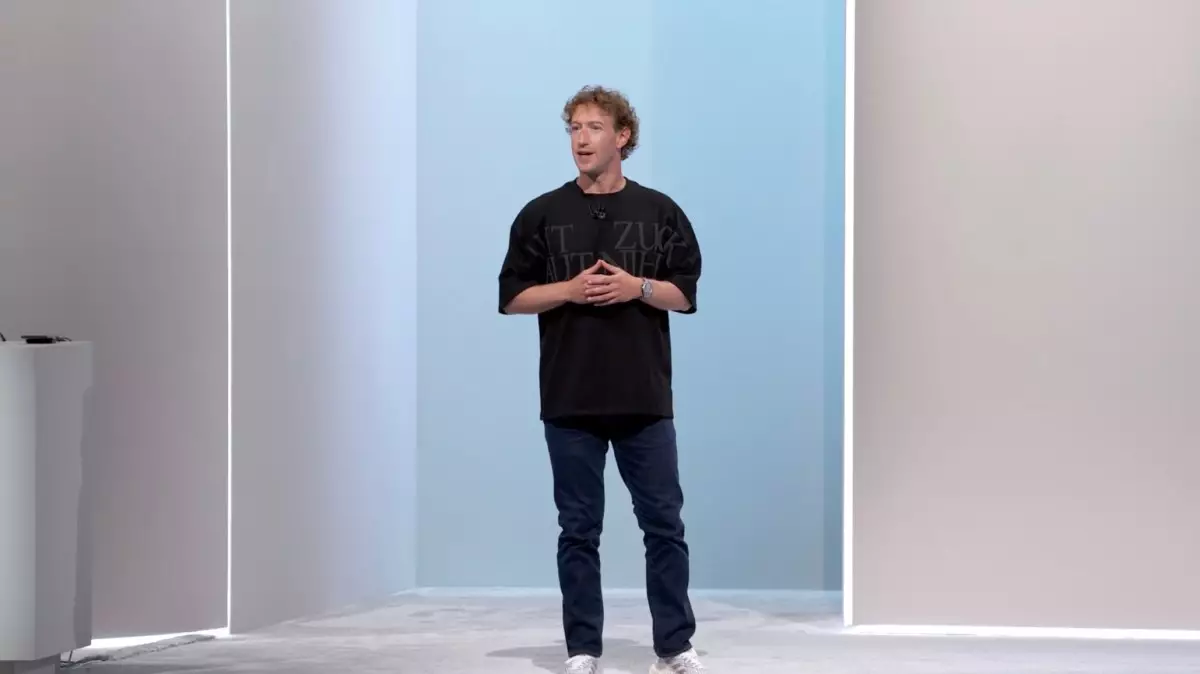On April 29, Meta will proudly unveil LlamaCon, its inaugural developer conference focused explicitly on generative AI. This marks a strategic shift for Meta as it seeks to solidify its position in an increasingly competitive domain currently dominated by emerging players like OpenAI and the Chinese tech company DeepSeek. With ambitions to foster an ecosystem for innovation and collaboration, Meta promises to share insights into its open-source approaches to AI development, engaging developers looking to leverage generative AI for building innovative applications.
Llama, the family of generative AI models from Meta, has already garnered considerable traction, recording hundreds of millions of downloads and partnerships with high-profile organizations such as Goldman Sachs and DoorDash. The conference aims to highlight how these models not only contribute to app development but also bolster a wider infrastructure that could potentially transform business operations across various sectors.
Meta’s commitment to open-source AI development sets it apart from many competitors. The philosophy behind this initiative is to cultivate a robust ecosystem that enables developers to access tools that can amplify their creative possibilities. By openly sharing their technology, Meta not only democratizes AI but also enhances the diversity of applications that can be built on top of its models.
The Llama models, in particular, are characterized by their flexibility and scalability, making them attractive for developers who wish to implement generative AI features into their products. While no explicit numbers are available for the applications developed using Llama, the breadth of partnerships that Meta has established suggests a flourishing environment for collaborative innovation.
Despite Meta’s ambitious projections, the company finds itself in a highly competitive landscape, notably challenged by DeepSeek’s rapid rise. This competition is a reminder of the ruthlessness inherent in the tech space, where innovations can quickly disrupt established players. Reports indicate that DeepSeek’s advancements could pose a serious threat to the forthcoming Llama model, leading Meta to react swiftly by analyzing operational efficiencies in AI deployment.
The pressure to compete has prompted Meta to work diligently to enhance Llama’s capabilities while keeping costs manageable. This urgency is further compounded by the CEO Mark Zuckerberg’s recent declarations of a significant investment of up to $80 billion in AI development, encompassing not only talent acquisition but also the construction of cutting-edge data centers. This investment underscores Meta’s recognition that its future growth will heavily rely on AI technologies.
Looking towards the future, Zuckerberg has hinted at some intriguing advancements in Llama’s next iterations. The introduction of “reasoning” models that can function across various modalities aligns with broader trends in AI that prioritize multi-faceted interaction capabilities. Moreover, the potential for “agentic” features means that upcoming Llama models may be able to execute tasks autonomously, marking a significant evolutionary step in generative AI.
These promises of innovation come amidst ongoing legal challenges related to copyright issues involving the training data used for Llama’s development. Moreover, data privacy concerns raised by several EU countries have posed additional hurdles, leading to the suspension or cancellation of planned model launches in those regions. This complex regulatory landscape serves as a stark reminder of the challenges facing AI companies globally.
As Meta prepares to share the fruits of its labor at LlamaCon, it is clear that the company stands at a critical crossroads. The success of its generative AI endeavors will largely depend on its ability to navigate the competitive landscape, address the legal and privacy issues currently overshadowing its progress, and inspire developers to leverage the open-source potential of Llama. The upcoming conference is not just a showcase for technology; it is also a clarion call to the developer community, signaling Meta’s eagerness to lead in the evolving frontier of artificial intelligence. Whether this ambitious vision materializes will unfold in the coming months, making it a compelling narrative to follow in the tech world.

